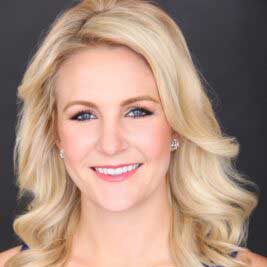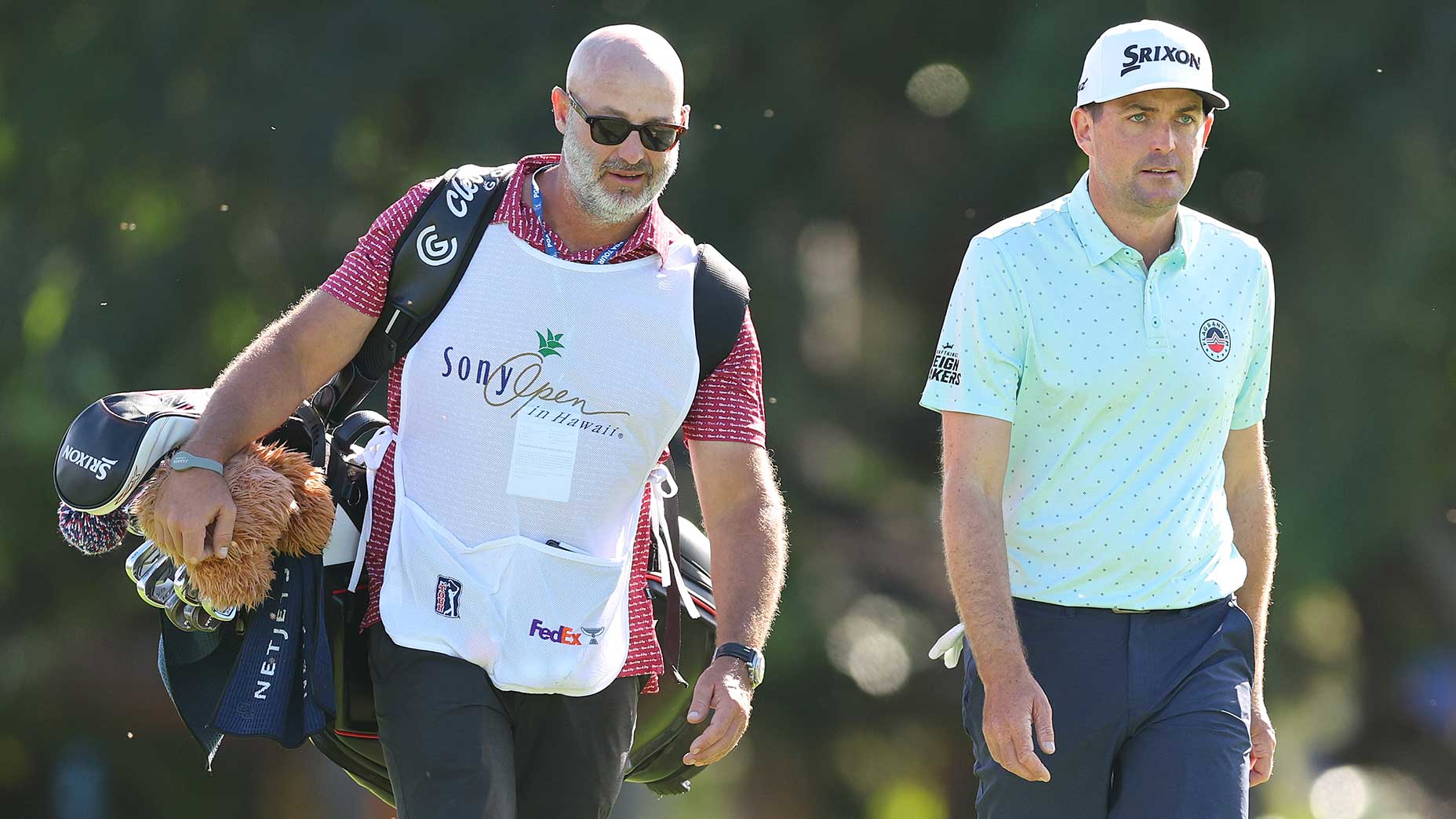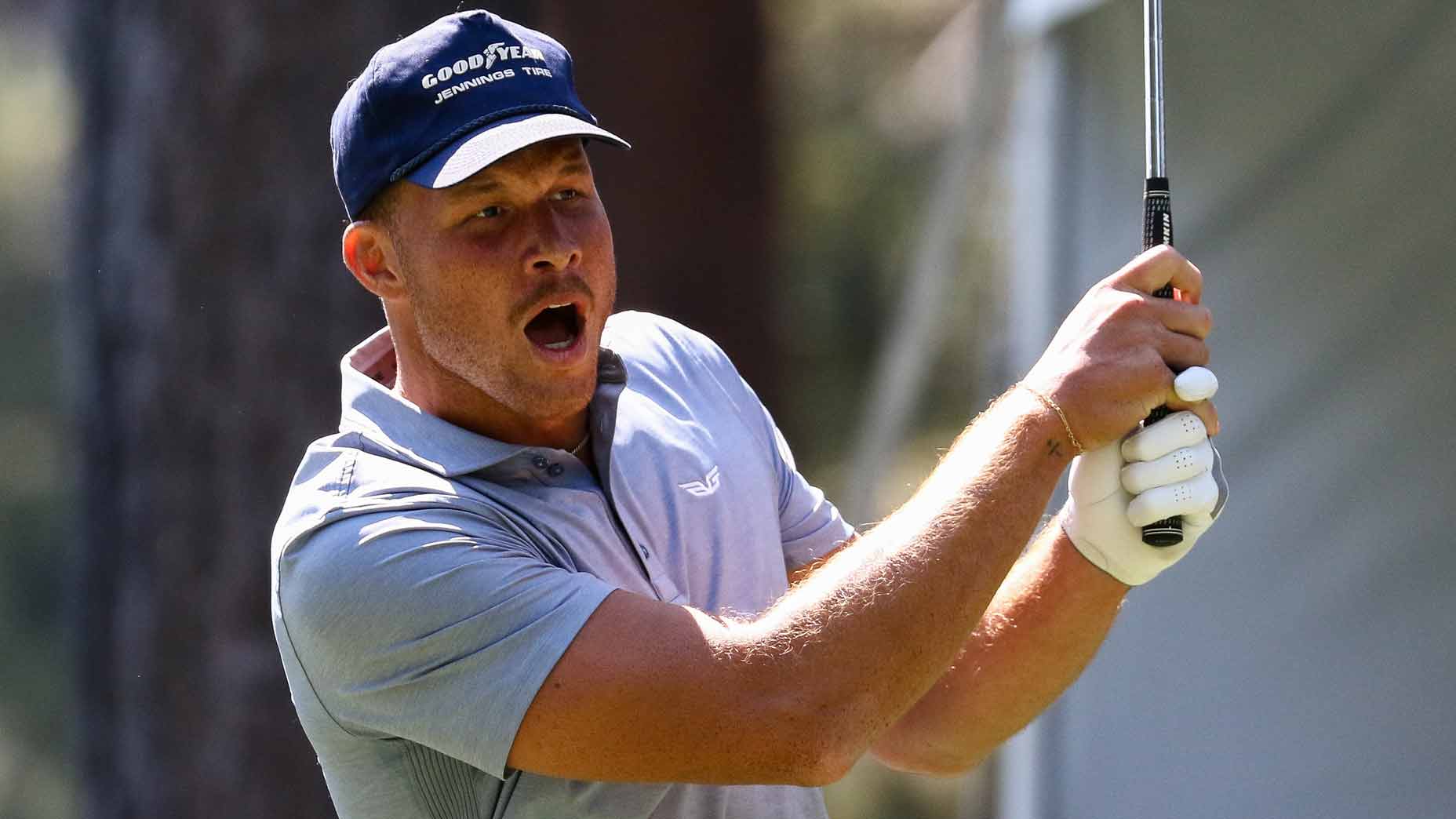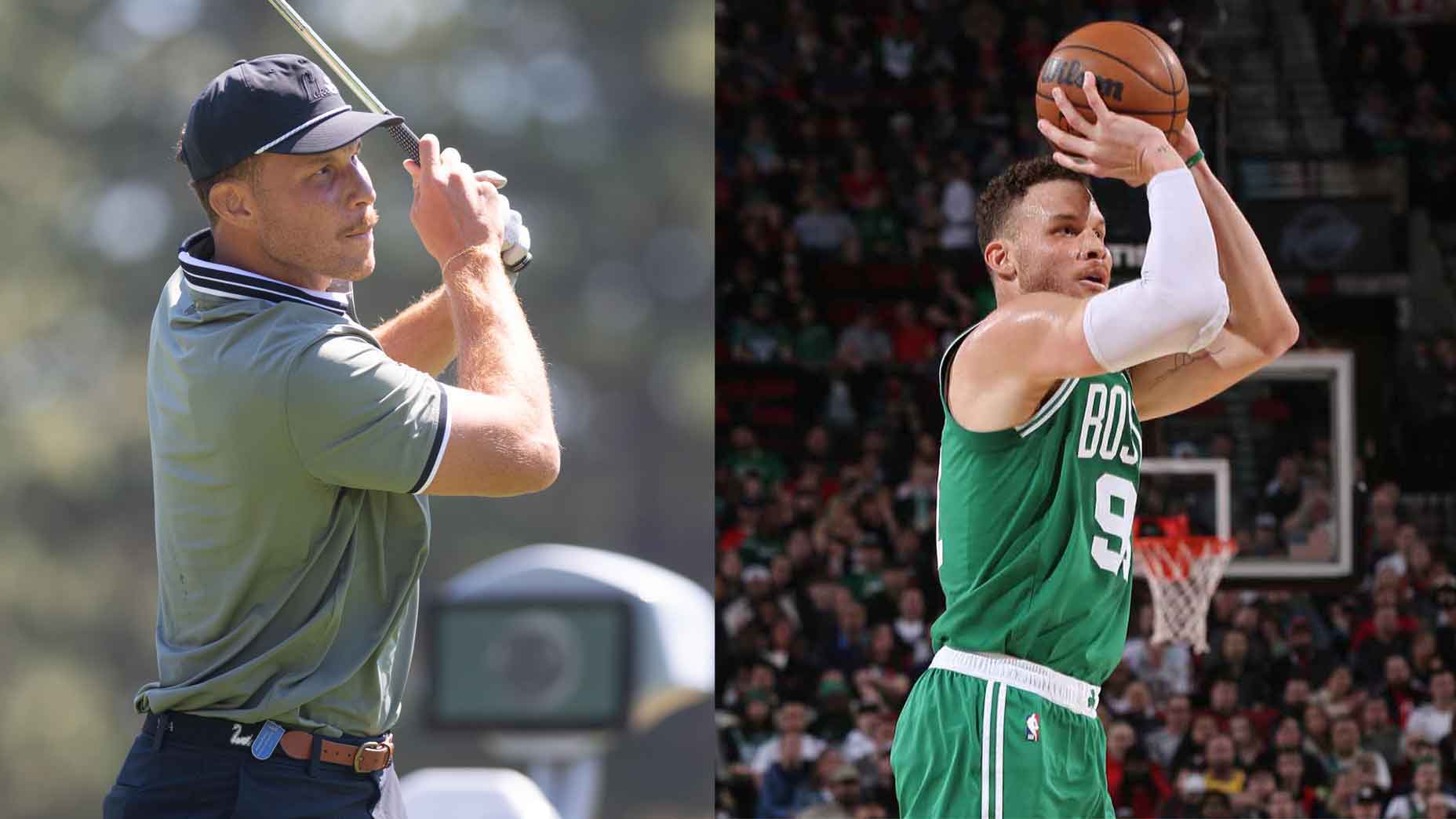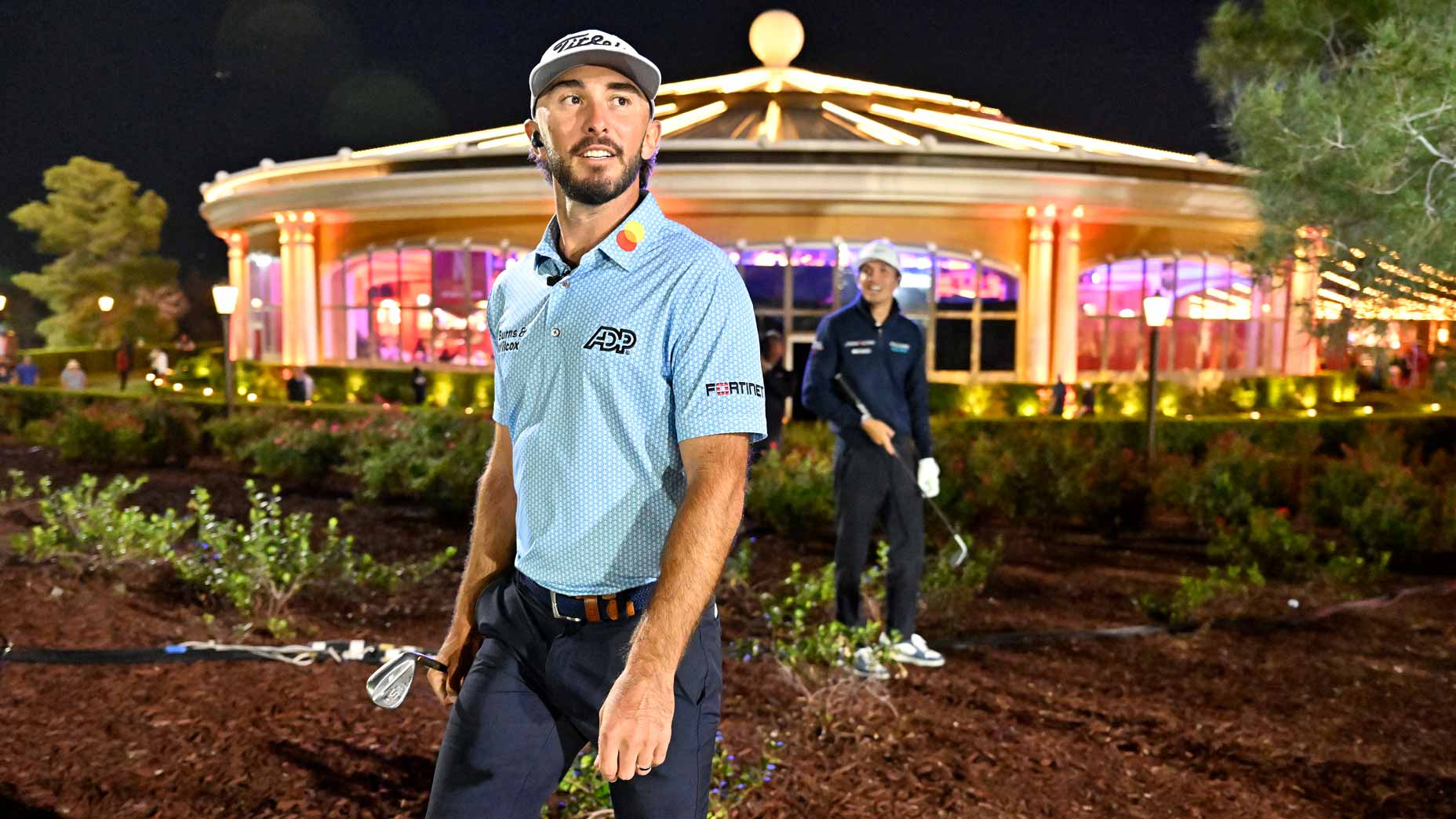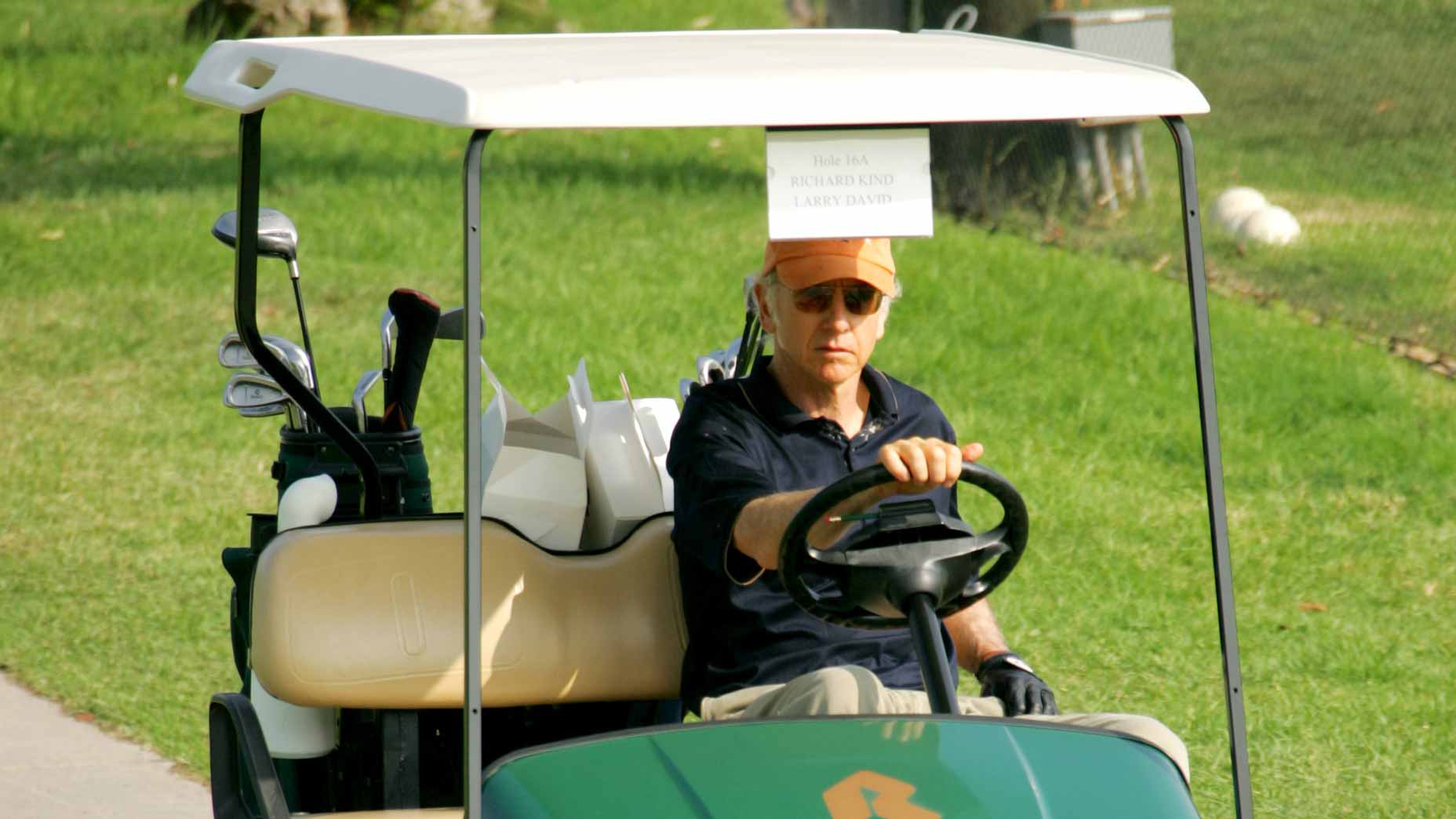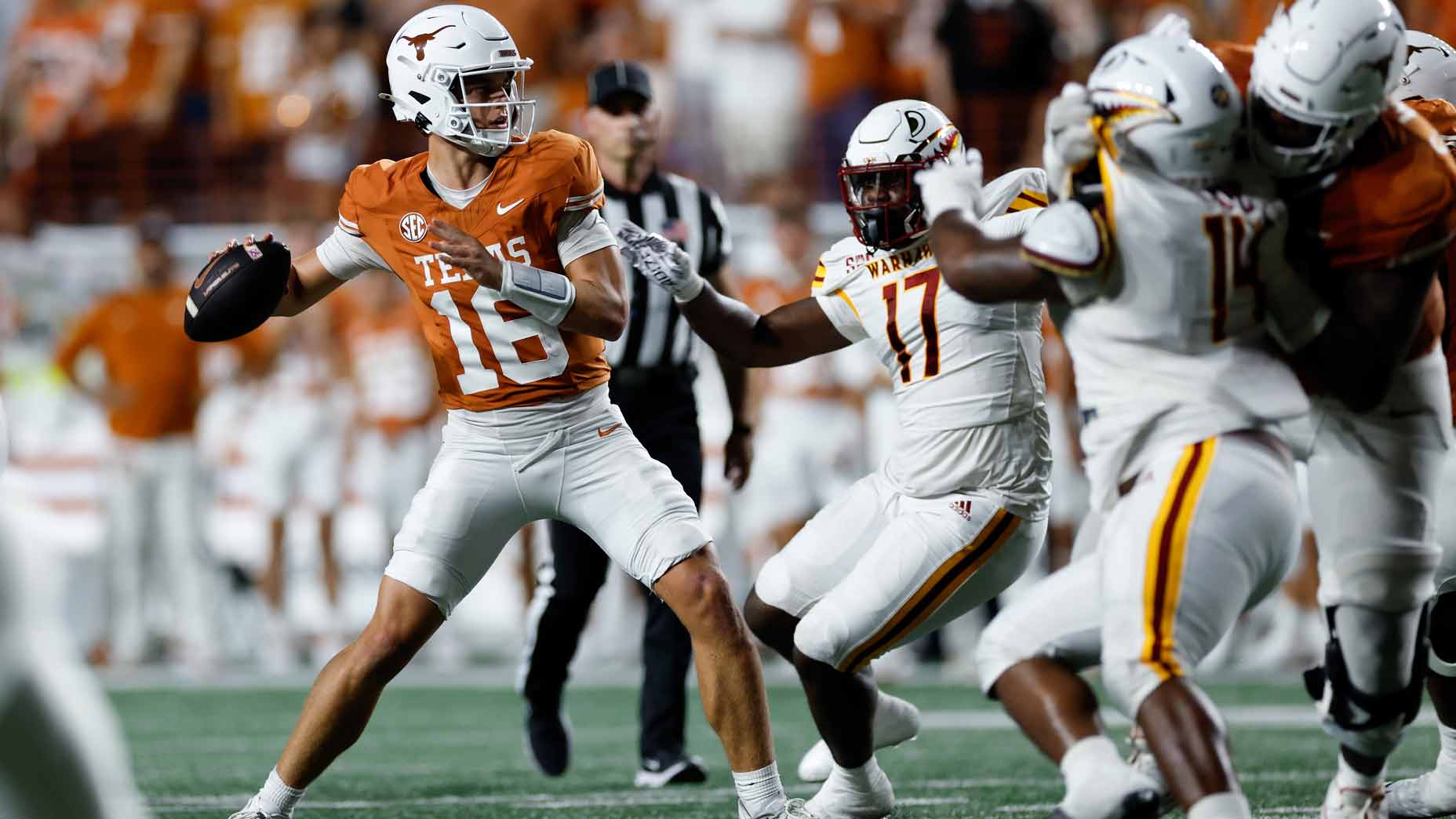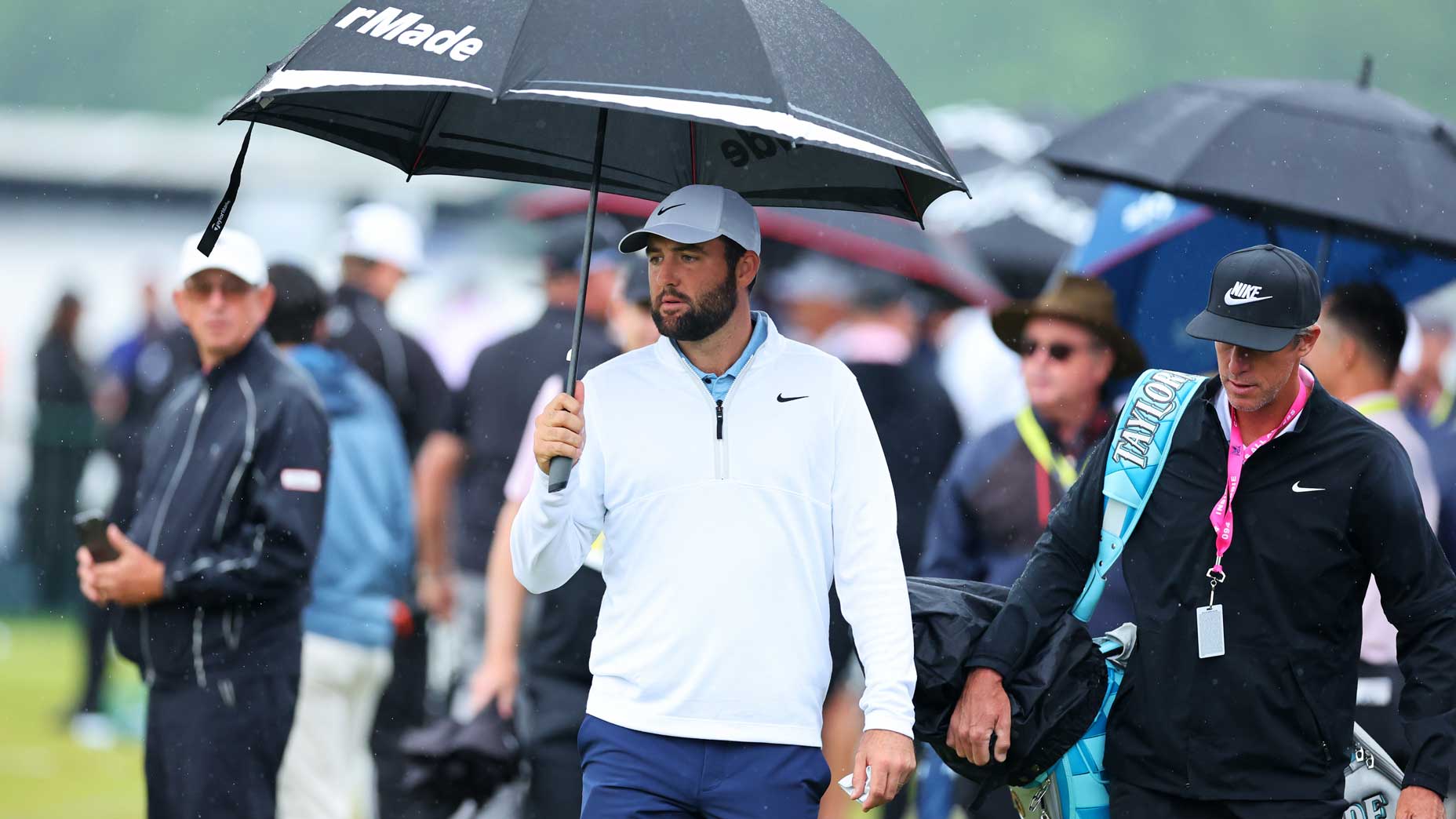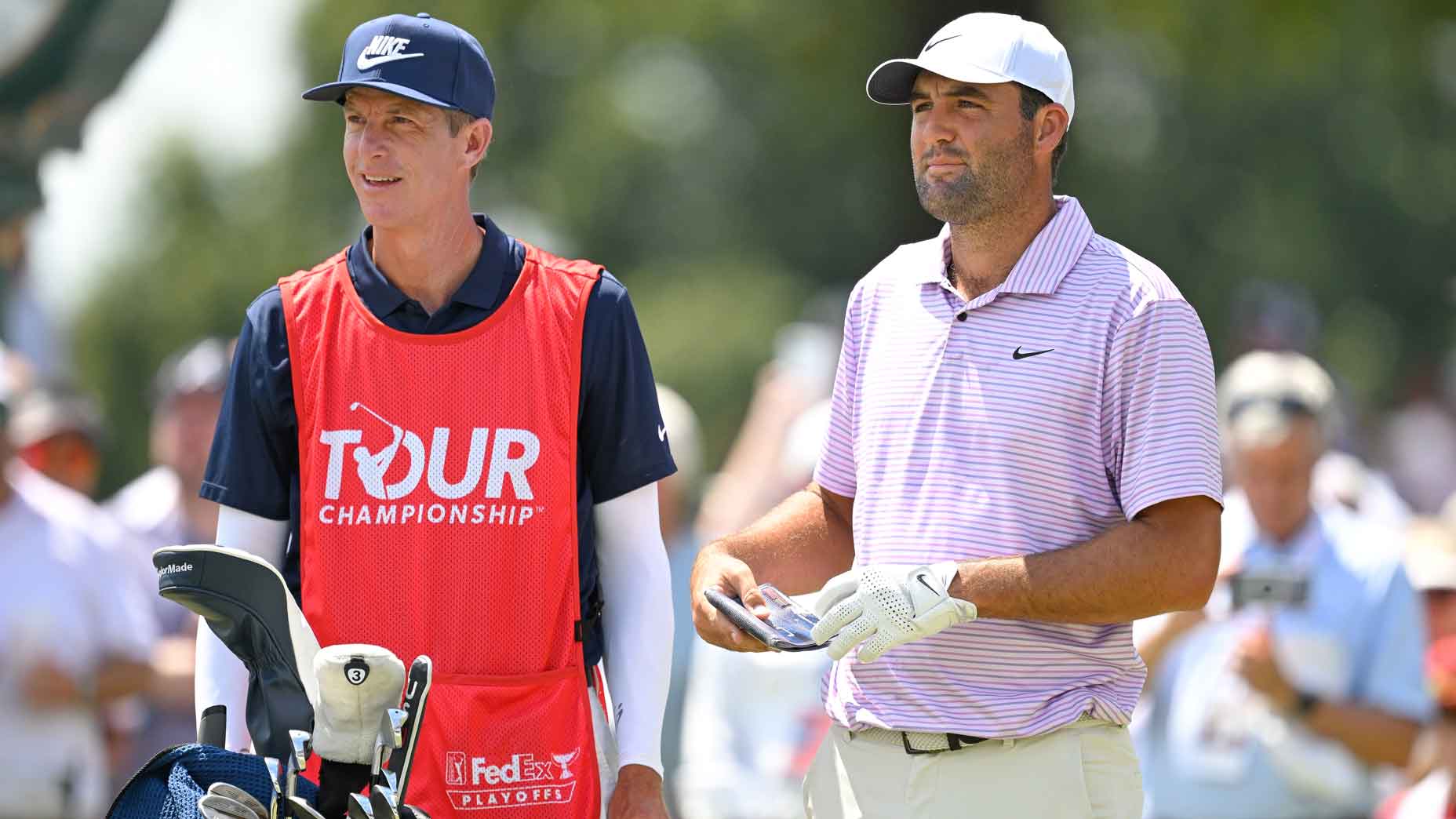Can a hypnotist help your golf game? A major winner weighs in
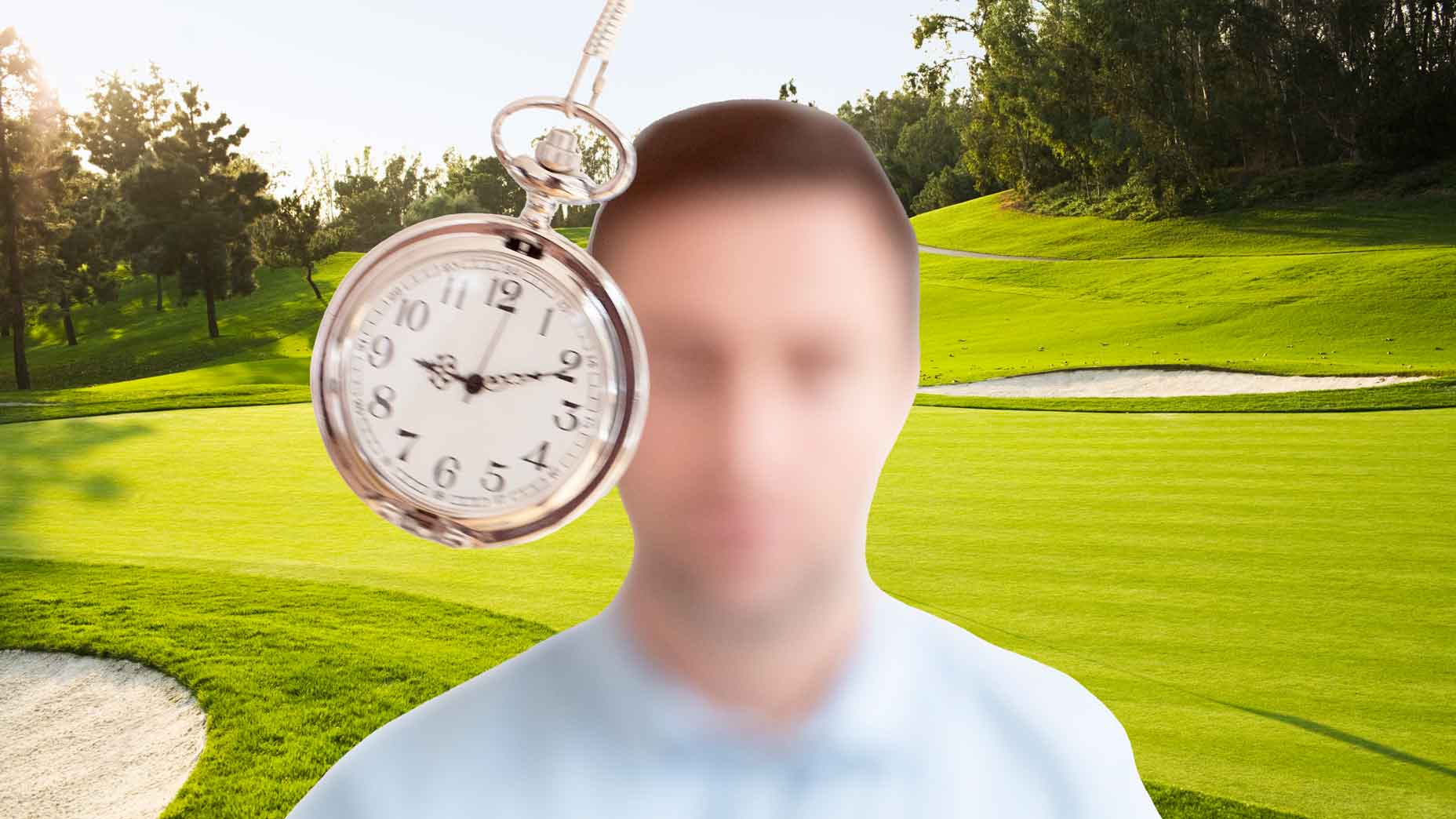
On this week's episode of Subpar, Ian Baker-Finch shared his experience with hypnotherapy.
Getty Images
Golf is a fickle game, and there is perhaps no player who knows that better than Ian Baker-Finch.
The 63-year-old Aussie has been a part of the CBS broadcast team for 17 years, but prior to that, he was a world-class Tour player.
Finch won the 1991 Open Championship and posted five other top-10s in the majors over the course of his career, but his game declined in the early ’90s. After firing an opening round 92 at the Open Championship at Royal Troon in 1997, Finch called it a career.
On this week’s episode of Subpar, Finch regaled hosts Colt Knost and Drew Stoltz with stories of his CBS colleagues and what he’d like to change about golf broadcasts. But Finch was particularly insightful when he spoke about the lengths he went in an attempt to regain his game, at one point even visiting a hypnotist.
“Does that work?” Stoltz asked. “And is that something that an average guy listening out there who’s struggling a little bit, should they go seek out a hypnotist?”
“I think the guy I went to see is currently seeing a hypnotist, because he couldn’t help me,” Finch quipped with a laugh. “He tried to get me into a zone, and he would occasionally get me into that zone, but he could never get me to get to such a positive state that I could really get by the scar tissue that I had developed over a year or two.
“But yeah, trust me, I did everything, I bought and read every book. I did everything I possibly could.”
Looking back, Finch said he believes the time he spent playing with injury put him in a state that ultimately proved too much to overcome.
“I think I played with injury, and that started the mental side of things, and then the layers and layers and layers of scar tissue just build up,” he said. “And then it gets to be really, really hard to compete. And, now I go play and play well, and I have done for 30 years, 25 years, still play very well. Still as good at some parts of my game as I could possibly expect to be. But if I had to go play in the Open Championship tomorrow, I think I’d be so nervous that I wouldn’t be able to play because of that build up.”
When he became eligible for the senior tour, Finch posted a few good finishes, including a win, in partner events.
“When I had a partner there and the pressure wasn’t on me on every single shot, I could still perform,” he said. “I could still play somewhat, but there was just something in there that stopped me from being able to perform at that high level.”
So given Finch’s experience, what does he think of hypnotism for golf?
“I’m sure they do help people,” he said. “They wouldn’t have a job if they couldn’t. But it didn’t help me much.”
For more from Finch, including his take on the best Australian golfers, check out the full episode of Subpar below.

